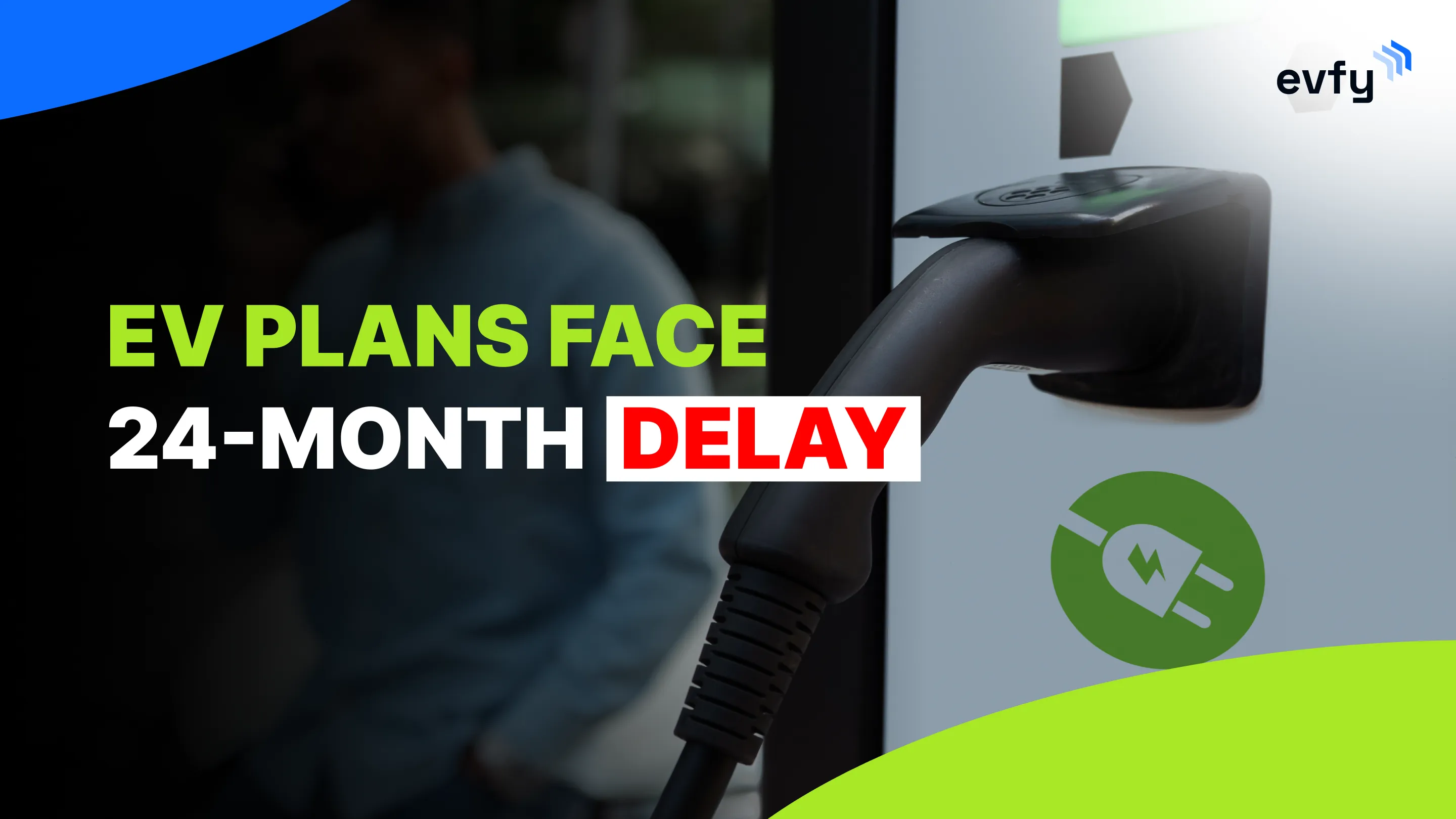A new study by Vector Consulting Group reveals that 88% of India’s auto component manufacturers are grappling with severe R&D capacity issues, leading to delays of up to 24 months in electric vehicle (EV) programs at legacy automakers.
The report, based on inputs from over 100 CXOs across OEMs and Tier-I suppliers, finds that the biggest challenge to EV growth isn’t vision or technology but execution breakdowns across the value chain. Issues like long customer wait times, poor after-sales support, and frequent product recalls are further compounding delays.
“The bottleneck is internal: poor coordination, capacity mismatches, and execution blind spots,” said Ravindra Patki, Managing Partner at Vector. “To thrive, the industry must rethink how it works, not just what it builds.”
A key finding is that many OEMs are running EV and ICE programs in parallel without expanding or realigning internal capacity. Shared engineering, procurement, and validation teams are causing bottlenecks, rework, and chronic launch delays. Even where OEMs have created dedicated EV teams, these often rely on outdated legacy systems, hindering agility.
Also Read: UP Govt to Invest ₹700 cr in EV Manufacturing Hub in Kanpur
.webp)
Also Read: UP Govt to Invest ₹700 cr in EV Manufacturing Hub in Kanpur
Suppliers Under Strain, Startups Overpromising
Tier-I suppliers are also under pressure, juggling multiple OEM demands with limited insight into volume forecasts or timelines. This results in last-minute design changes, increasing risk and cost while overwhelming already stretched engineering teams.
“OEMs need to bring suppliers in early, align them with product goals, and treat them as strategic partners, not just vendors,” Patki stressed.
Even EV startups, despite being free of ICE baggage, aren’t immune. Many overpromise on launch timelines and resort to digital quick fixes like OTA (over-the-air) updates to patch issues post-launch. While agile on paper, this model often undermines long-term reliability and brand trust.
Call for a Strategic Reset
Vector Consulting recommends a fundamental reset in OEM-supplier collaboration. Instead of transactional, cost-focused relationships, the study urges co-development partnerships that share risks, enable early design engagement, and create integrated program teams. Real-time dashboards tracking product maturity are also advised to curb delays.
“The winners of the next decade won’t be those with flashy prototypes,” Patki concluded, “but those who can launch, scale, and improve faster than their competitors. It’s time to stop patching legacy systems and start building new ones.”
Also Read: New India EV Policy Reduces Import Duty From 110% To 15%


